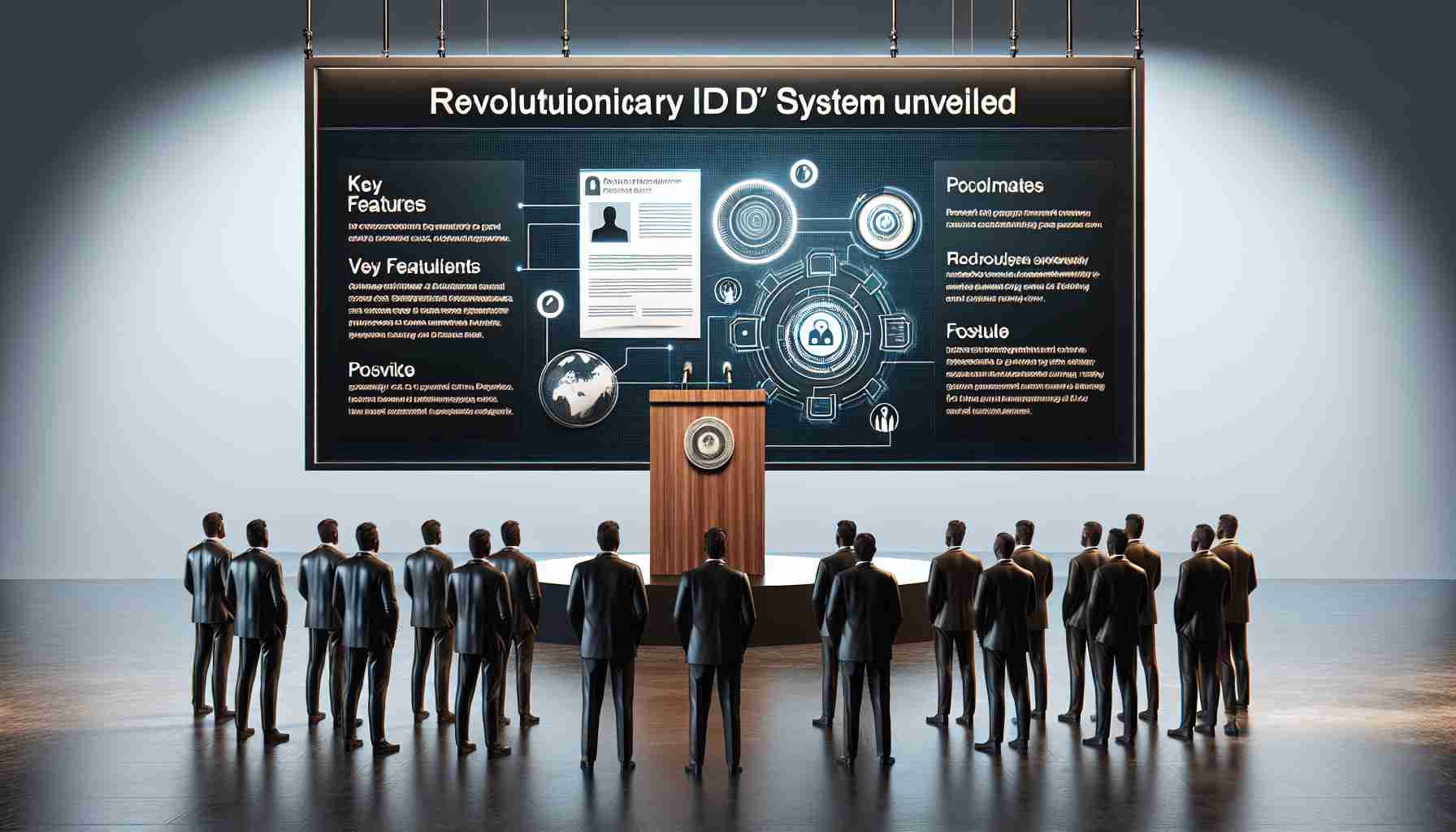Buenos Aires Pioneers Blockchain-Based ID System
Buenos Aires has taken a groundbreaking step by introducing a new decentralized identity system powered by blockchain technology. Diego Fernandez, the city’s Secretary, announced the ambitious project, which is already set to benefit millions of the city’s residents.
A Modern Approach to Identity Management
This innovative system is a crucial development for Buenos Aires, aiming to transform how residents manage and verify their identities. By leveraging blockchain’s decentralized nature, the city promises enhanced security and privacy for its citizens. Individuals will gain more control over their personal information, significantly minimizing the risks associated with traditional methods of identity management.
Impact on the Local Community
The introduction of this blockchain-based ID system represents a significant technological advancement for Buenos Aires. The city expects this initiative to streamline access to various public services, making them more efficient and trustworthy. Residents can now look forward to a system that ensures their data’s safety while enhancing overall convenience.
A Vision for the Future
While unveiling this initiative, the city administration portrayed it as a part of Buenos Aires’ broader vision of becoming a leader in digital transformation within Latin America. The introduction of blockchain in public services is expected to pave the way for further advancements and inspire other regions to follow suit in adopting similar modern solutions.
This landmark project not only sets a precedent in technological innovation but also reflects Buenos Aires’ commitment to enhancing the quality of life for its citizens through cutting-edge technology.
How Blockchain-Based IDs Could Revolutionize Global Identities
Unveiling the Untold: The Global Impact of Blockchain-Based Identity Systems
While Buenos Aires is leading the charge with its blockchain-based identity system, the implications of this technology extend far beyond the borders of Argentina. Blockchain-based identity systems have the potential to revolutionize identity management across the globe, offering a modern solution to a centuries-old problem. But what exactly are the effects on people, communities, and countries? Let’s delve into these interesting facets.
Global Benefits and Potential Transformations
Blockchain technology presents a revolutionary change in managing identities by offering increased security, privacy, and self-management capabilities. One of its main advantages is the potential to provide a secure identity solution to the estimated 1 billion people worldwide who lack any form of officially recognized identification. This can significantly improve the lives of marginalized communities by granting them access to essential services such as banking, healthcare, and education.
Moreover, blockchain-based identity systems can drastically reduce fraud and identity theft rates. These systems create a trustless environment where personal data isn’t held by a single centralized authority, making it much more difficult for bad actors to manipulate or steal identities.
Controversies and Questions
Despite its benefits, the widescale adoption of blockchain-based identities is not without controversy. Critics raise questions about the environmental impact of blockchain technology, chiefly due to the high energy consumption of blockchain networks. For instance, how will cities mitigate the carbon footprint associated with maintaining such technologies?
Moreover, there are concerns about the accessibility of blockchain technology in less technologically developed regions. While it offers benefits to those without traditional access to identity services, deploying and maintaining blockchain infrastructure requires considerable investment and technical know-how. Will disadvantaged areas have the resources and skills necessary to implement such systems effectively?
Advantages and Disadvantages: A Balanced View
Advantages:
– Security and Privacy: Decentralized IDs minimize identity theft and unauthorized data access.
– Empowerment: Individuals have more control over their personal information.
– Inclusion: Provides legal identity to those without official documentation.
– Efficiency: Streamlines access to public services and institutions.
Disadvantages:
– Environmental Concerns: High energy consumption associated with blockchain technology.
– Implementation Costs: High initial investment and maintenance costs.
– Accessibility Issues: Technical barriers in regions lacking technological infrastructure.
– Adoption Resistance: Resistance from entities benefiting from maintaining centralized control.
Is the World Ready for a Blockchain-Based Identity Revolution?
Will global governments and local authorities be able to harmonize their efforts to incorporate blockchain technology without exacerbating environmental issues or creating new layers of complexity? Understanding these dynamics is crucial in evaluating their potential mass adoption.
The world is at the cusp of an identity management revolution, but successful global implementation requires overcoming significant challenges. It remains to be seen how effectively countries will address these hurdles to harness the full potential of blockchain-based identity systems.
For more insights into blockchain technology and its applications, consider exploring IBM or CoinDesk for their comprehensive resources on blockchain innovations and trends.
















